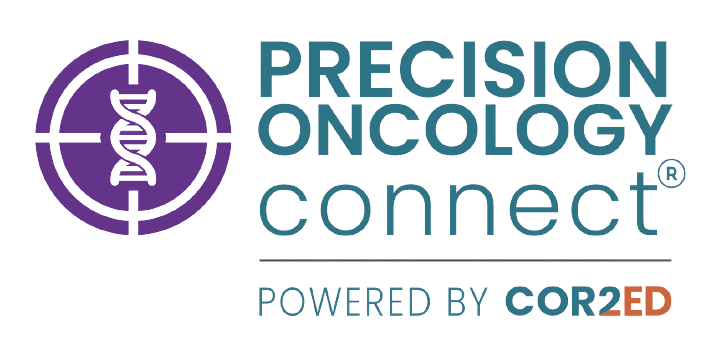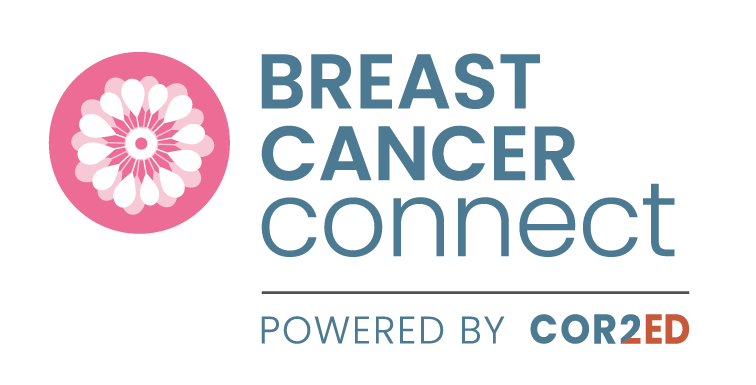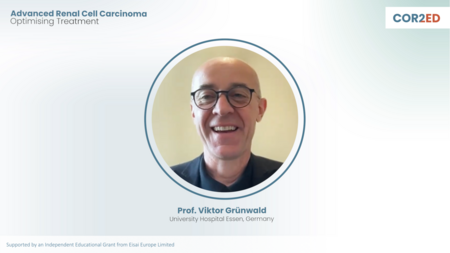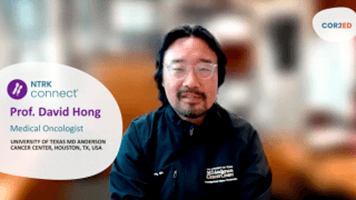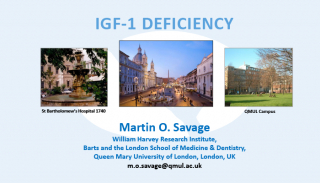
Using immunohistochemistry to detect TRK fusion-positive cancer
Using immunohistochemistry to detect TRK fusion-positive cancer
Prof. Frederique Penault-Llorca
Prof. Frédérique Penault-Llorca shares her perspectives on the role that immunohistochemistry plays as an important screening tool, applying her real life experience of using this technique across many tumour types to find patients with TRK fusion-positive cancer.
Prof. Frederique Penault-Llorca
Pathologist
University of Clermont-Ferrand
France
Prof. Frederique Penault-Llorca has received financial support/sponsorship for research support, consultation, or speaker fees from the following companies:
|
5 min
|
May 2022
This programme was made for you: your opinion matters
Share your feedback in just 4 clicks and help us to continue to create the content you need.
I agree that this educational programme:
Was valuable to me:
1/4
Has improved my knowledge of this topic:
2/4
Is likely to change my clinical practice:
3/4
Was balanced and unbiased:
4/4
download resources
This programme was made for you: your opinion matters
Share your feedback in just 4 clicks and help us to continue to create the content you need.
I agree that this educational programme:
Was valuable to me:
1/4
Has improved my knowledge of this topic:
2/4
Is likely to change my clinical practice:
3/4
Was balanced and unbiased:
4/4
Practical tips for immunohistochemistry
Hello. I am Frédérique Penault-Llorca as part of NTRK CONNECT I'm going to present immunohistochemistry for NTRK fusion.
The discovery of rare NTRK fusion led to the recent development of agnostic therapeutic agents that inhibit TRK fusion protein. Two TRK inhibitors are approved by US FDA. Several testing methodologies to detect NTRK fusion are available, each with unique advantages and disadvantages.
The use of immunohistochemistry to assess TRK fusion protein expression is widely available in pathology laboratory, relatively inexpensive and has a high peak turn-around time, typically 24 hours. Immunohistochemistry requires one unstained slide and is less dependent on tumour purity compared with the other biomarker testing methodologies. Two clones are available.
While cytoplasmic staining is the typical pattern for physiologic type expression by immunohistochemistry, cytoplasmic, nuclear, perinuclear and membranous staining have been observed in tumours requiring pathologists to be familiar with the variable staining patterns.
NTRK3 with ETV6 fusions are classically associated with a nuclear staining. In terms of sensitivity, TRK staining is superior or equal to 1% of tumour cell is considered NTRK fusion positive.
NTRK immunohistochemistry is exquisitely sensitive to fixation. For instance, staining may be focal and weak, in particular, in the case of NTRK3 fusions. NTRK immunohistochemistry has demonstrated a sensitivity of 96.2 and 100% for NTRK1 and NTRK2 fusions, while a lower sensitivity of 79.4% was observed for NTRK3.
In terms of specificity, we have to keep in mind the difference in specificity based on tumour type. TRK proteins are physiologically expressed in non-neoplastic neural and smooth muscle tissue. Other methods for NTRK fusion testing should be considered in those tumour types like sarcoma, CNS, neuroendocrine tumours.
In conclusion, immunohistochemistry is a good screening tool, but it's not enough. Confirmatory testing with nucleic acids-based analysis, either FISH or NGS should be performed in case of a positive immunohistochemistry staining. And pathologists need to be aware of the limitation of immunohistochemistry. They have to keep in mind that a negative immunohistochemistry result does not equal an absence of NTRK gene fusion. Thank you.
Access practical guidance about the role immunohistochemistry plays in the detection of patients harbouring NTRK fusions. Learn about the pros and cons of this method, common patterns of staining, its role as a screening tool and why confirmatory testing should be sought using other diagnostic techniques.
This programme is supported by an Independent Educational Grant from Bayer
PRECISION ONCOLOGY CONNECT is an initiative of COR2ED, supported by an Independent Educational Grant from Bayer.
Other programmes of interest
Other programmes developed by Prof. Frederique Penault-Llorca

Prof. Frederique Penault-Llorca
Pathologist
University of Clermont-Ferrand
France





